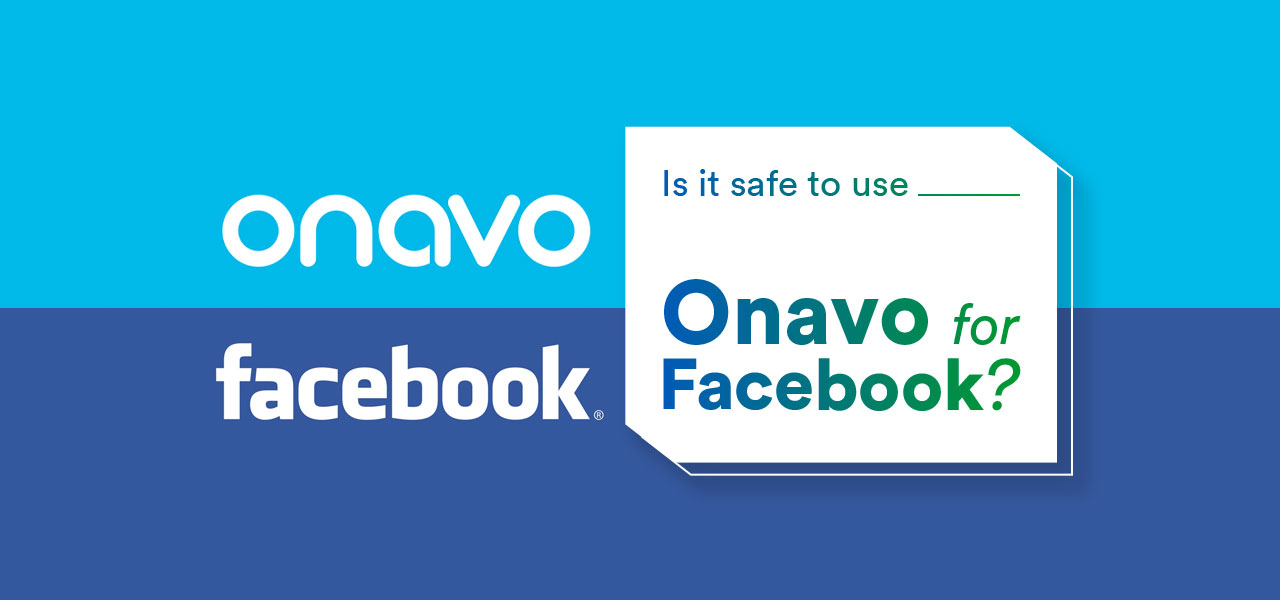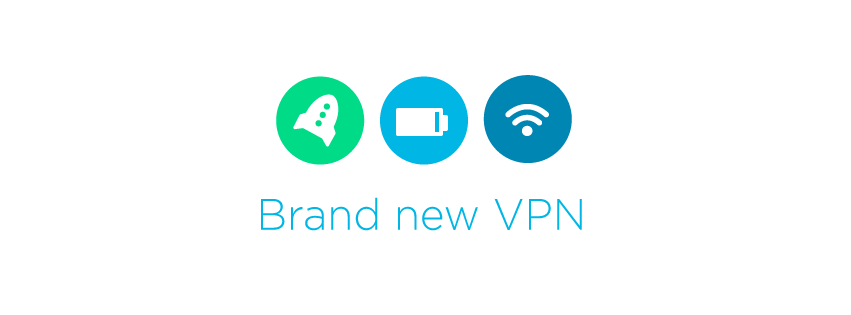
VPN services are supposed to protect our data from being harvested, but the Onavo for Facebook VPN app isn’t warming up to plenty of users because of its recent acquisition from the social media giant.
Last February, Facebook tested out the new menu item called Protect in its iOS app. It has a blue shield icon which will redirect you to the App Store, particularly to Onavo Protect’s page. For those who don’t know, Onavo has been acquired by Facebook in 2013. This means that if you want to protect your profile and activities, you’ll have to download Onavo for Facebook. However, a lot of users are skeptical about this VPN app. Everyone expects a VPN to use the standard tools and practices that many VPNs do, but Onavo apparently falls short of these.
Since Onavo for Facebook has been launched, the social media company has prodded its users to download the VPN through its Protect feature. It works just like most VPNs do: by creating an encrypted tunnel for your data to pass through. It prevents hacking, spying, and theft of data which has been a big issue with Facebook in line with the Cambridge Analytica scandal. So if Facebook is offering a VPN to keep you secure, then it must be safe to use, right?
Onavo for Facebook offers a ‘second VPN’ for its Android users that keeps track of the apps on your phone that uses the most data. The iOS version constantly warns users that the websites they’re visiting might be harmful and offers additional VPN protection. This might seem okay, but what users find fishy about it is that unlike most VPN apps that only function when you want them to, Onavo attempts to be on all the time. This sounds like a shady attempt by Facebook to monitor your browsing activities, and not just with Facebook, but with your entire phone.
Another thing that users noticed is that Onavo’s security features are primarily built on data monitoring and tracking. Their App Store description even stated:
That sounds very much like harvesting data in the guise of a VPN app. Of course, all VPN services have access to your data such as the websites you visit. But those brands that truly care about your privacy and security (the true essence of a VPN app), they won’t keep logs of your activities. If they don’t have anything in the first place, they won’t be forced to turn in user data to the authorities. Onava for Facebook is clearly not like that.
Their lack of regard for the user’s privacy and their intent of collecting browsing data makes a lot of people distrust both the VPN app and Facebook. For authentic VPN protection, check out our VPN reviews found in our website.


